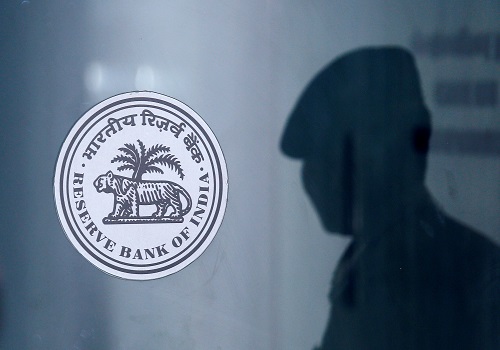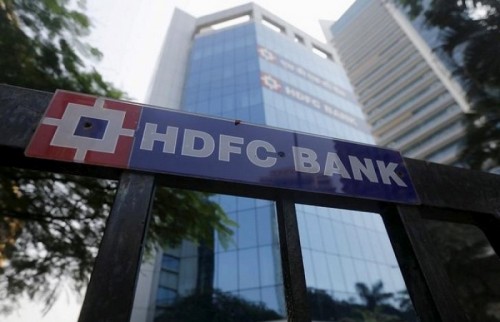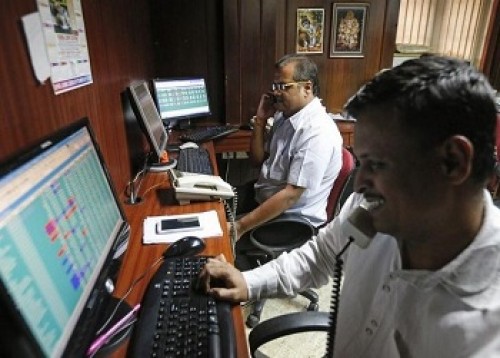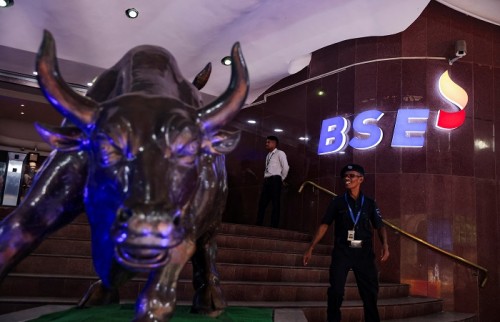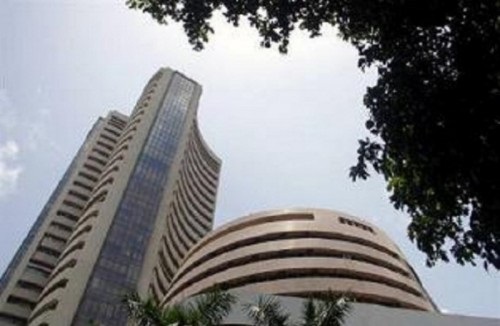Samvat 2078 of to a solid start
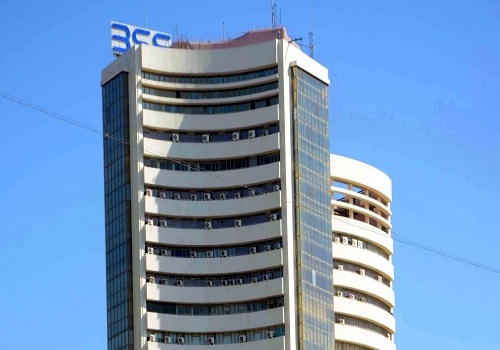
Follow us Now on Telegram ! Get daily 10 - 12 important updates on Business, Finance and Investment. Join our Telegram Channel
Trading for Samvat 2078 began on a festive note with a significant gap up opening which was on expected lines.
BSE Sensex opened at 59,804 points, a gain of about 500 points compared to the previous close. Nifty opened at 17,736 points, a gain of about 160 points. The highs of the day were 59,994 and 17,777 points respectively. Markets closed at 59,831.66 points, a gain of 524.51 points while Nifty closed at 17,738.45 points, a gain of 162 points.
Interestingly markets closed higher than the open. It's a decent start for the year.
Coming to Samvat 2077, it had begun on a very auspicious note. A few days ago, it had made a new lifetime high at 62,245 points on Sensex and 18,604 on Nifty. It made the high for Samvat 2077 in January '22 at 61,475 and 18,350 points. In February '22, we saw the outbreak of hostilities between Russia and Ukraine which saw markets become unstable. Their continuation and virtual extension without any end in sight, saw markets tumble quite sharply in June and make lows at 50,921 points on BSE Sensex and 15,183 on Nifty.
Samvat 2077 has been a tough year for markets not only in India but globally. In hindsight, one may say that we have performed better than the rest of world. Inflation at unheard of levels in US, Europe and consequential rise in interest rates have hit financial markets quite badly. Further the man on the street or the common man has borne the brunt of inflation and the cost of living shooting up on account of interest costs. The mortgage rate in the US has more than doubled from about 3 per cent last year in October, to about 6.9 per cent currently. US Fed has raised interest rates by 75 basis
points each time this year and one more hike of the same magnitude is expected in November. To add to these concerns is crude which has gone through the roof.
Where does India stand in all this? We seem to be doing reasonably well and are on the growth path. A deal has been negotiated to procure crude from Russia which comes via Iran. This is at a substantial discount to the market price. We are well placed on the foodgrains front and were initially exporters of wheat as well.
There were far-reaching changes in the primary market and the way subscription is done. The RBI regulated the leveraging that was done by HNIs and capped individual funding at one crore per entity. This suddenly brought down the subscription levels. Gone were the days when issues were subscribed a few hundred times. The SEBI brought about a split in the HNI category with 1/3 rd reserved for investors in the bracket Rs 2-10 lakh and 2/3 rd for the group of Rs 10 lakh plus. Further all applications bid, have to be blocked against funds before the issue closes on the last day.
Changes in disclosure by new age companies which are primarily loss making have also been introduced. The primary markets were active but less than the previous year. Further the amount of offer for sale as compared to fresh issue also reduced as new age companies' offerings reduced.
The Indian rupee depreciated against the US dollar. While a year ago it traded at Rs 74.20 to the dollar, it now trades at Rs 82.70. Against other global currencies it has gained. The UK pound saw the rupee appreciating from 101.46 to 92.75. Similar is the case with euro and the yen.
Till a week before the new year, markets were down and it appeared they would end with bigger losses. The sharp rally and recovery in the last week saw BSE Sensex recover 1,387 points on BSE Sensex and 390 points on Nifty.
Samvat 2077 ended with minor losses of 760 points or 1.26 per cent at 59,307 points on the BSE Sensex and 340 points or 1.93 per cent at 17,576 points on Nifty.
Coming to Samvat 2078, expect markets to perform better than what happened in the previous year. They lost after seven consecutive years of gains. This year should see markets gaining for sure.
Many of the bricks and mortar companies seem to be performing better. They have got commodity prices and cost escalations under control. The sudden spikes that one saw post Covid are now behind us. Supply chains are much better placed and demand cycles are back. Life is getting more organised and predictable.
Expect markets to do well in the new Samvat. A gain of around 8-10 per cent would be a fair assessment for the year ahead. While volatility would be normal and par for the course. Seeing sharp movements in the US, would also affect life in India. The fact that retail investors through SIP have matched outflows from FPIs is indeed an encouraging sign. New demat accounts being opened and having crossed the 10-crore mark, suggest that a completely new generation of investors is entering the market. They have the funds to invest.
Wishing all Happy Diwali and a prosperous Samvat 2078.













